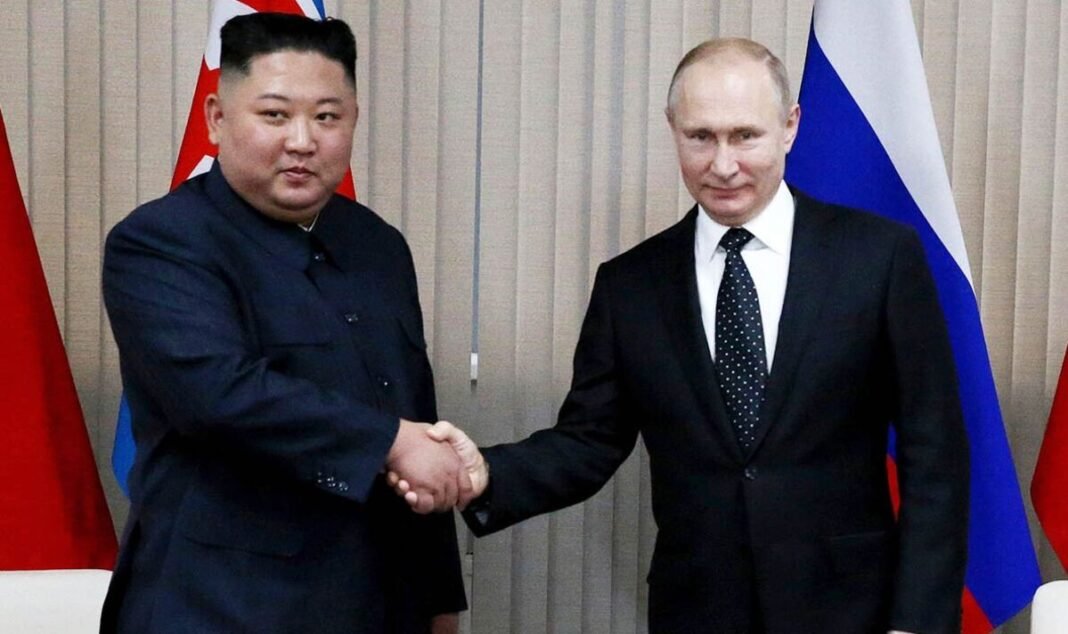Kim Jong Russia Visit: Seoul, South Korea – Amid the ongoing tension and confrontations in the world geopolitical sphere, North Korean leader Kim Jong Un’s expected visit to Russia is casting ripples across the international community. This unusual diplomatic move, aimed at discussing potential arms supply to Moscow for its conflict in Ukraine, underscores the ever-evolving and intricate dance of global politics.
The Stakes and Implications
According to the United States, these arms negotiations between Russia and North Korea are “actively advancing.” Such a collaboration poses significant concerns for the international community, especially given North Korea’s history of nuclear ambitions and Moscow’s recent actions in Ukraine.
As reported, Russia’s keen interest lies in acquiring artillery shells and antitank missiles from North Korea. On the flip side, Kim seems to be vying for advanced satellite technology, nuclear-powered submarine tech, and much-needed food aid for his economically challenged nation.
Given the circumstances, both nations have reasons to seek cooperation. North Korea and Russia are looking for ways to counteract their diplomatic isolation, especially in the face of strengthening cooperation between South Korea, the U.S., and Japan.
The Bigger Picture
International sanctions and resolutions are in place to prevent such arms deals. Notably, any arms collaboration between Russia and North Korea would violate UN Security Council resolutions – which, ironically, Moscow has itself endorsed in the past. However, experts believe that the current geopolitical landscape, marked by the Ukraine war and the U.S.-China strategic competition, has virtually nullified the effectiveness of the UN Security Council system.
Both Russia and North Korea, having been under numerous Western sanctions, might perceive they have little to lose. With the current dynamics at play, the possibility of halting military cooperation between the two seems increasingly remote.
Future Concerns
While the world watches closely, the repercussions of this potential meeting are vast. A strengthened Russia-North Korea alliance could reshape diplomatic and military strategies globally. The U.S. has already placed sanctions on entities attempting to facilitate arms deals between the two nations, emphasizing the seriousness of the situation.
Furthermore, the situation in Ukraine remains fluid. Despite Ukrainian officials’ optimism about their ongoing counteroffensive, Russian President Vladimir Putin, in a recent press conference, labeled the efforts as unsuccessful.
As details emerge about the possible Kim-Putin meeting and its outcomes, nations worldwide will be recalibrating their strategies. This unfolding scenario reminds us of the intricate and interconnected nature of global politics, where every move can have cascading effects on the broader world stage.































